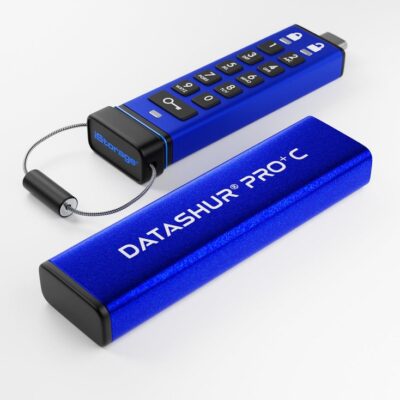By: Claudio Parrinello, CEO and founder of PlanetWatch
Air pollution is one of the biggest threats to both the population’s health and the climate. The WHO estimates that air pollution kills at least 7 million people every year. The primary cause of this air pollution is fossil fuel emissions with a recent study estimating that there are nearly 8.7 million premature deaths each year because of the burning of coal, oil and gas – that’s 20% of all deaths.
The landmark agreement at the COP26 conference from world leaders to “phase down” the use of coal, highlights the growing awareness of the pressing need to act against fossil fuels and the wider issue of air pollution. Meeting these ambitious climate targets will be essential to mitigate both the devastating environmental and health effects of air pollution.
Indoor air quality is also crucial, as Covid-19 has highlighted, especially considering we spend roughly 90% of our time indoors. Click To TweetIndoor air quality is also crucial, as Covid-19 has highlighted, especially considering we spend roughly 90% of our time indoors. In light of the WHO’s estimate that 3.8 million people die prematurely each year from illnesses attributable to household air pollution, it is clear that combatting indoor air pollution must also become a priority.
The key to mitigating the devastating consequences of air pollution will be a reliable and accurate global air monitoring system. This will allow pollution hotspots to be identified and targeted measures to be implemented in order to combat the dangerous effects of poor air quality. These measures will be crucial to saving the countless lives that are put at risk by air pollution each year.
The need for a new system
Air monitoring systems are the key to pinpointing areas of high air pollution and providing the necessary data to reduce this pollution. However, most air monitoring systems rely on a scarce distribution of monitors which can only offer an approximation of local data. This lack of precise and up-to-date data can make it difficult to evaluate which actions are best to reduce the air pollution being identified.
Up-to-date data on pollution levels is vital to facilitating key measures such as traffic reduction schemes, emission taxes and the identification of safe locations for public facilities. Click To TweetConversely, detailed and real-time data can be utilised to successfully mitigate the dangerous health risks of air pollution. Up-to-date data on pollution levels is vital to facilitating key measures such as traffic reduction schemes, emission taxes and the identification of safe locations for public facilities.
The role of community
Currently, more than 90% of the global population are breathing air with pollution levels well above the WHO’s 2005 guideline for tiny particles. Clearly, air quality is an issue which is affecting everyone and, as such, everyone should have an opportunity to play a role in addressing it. Delivering a successful hyperlocal air quality monitoring system relies upon the role of communities and their engagement with the system. In order for this to be a success, affordable and easy to use sensors are vital so as to enable a large-scale adoption which can provide the most accurate data.
PlanetWatch champions a community-driven solution to air monitoring with our system of plug-and-play devices which rely on the engagement of local residents, authorities and organisations. This community-driven model of air monitoring offers a real-time network of sensors which provide accurate and real-time information. This hyperlocal data allows the most effective solutions for each specific region to be identified.
PlanetWatch champions a community-driven solution to air monitoring with our system of plug-and-play devices which rely on the engagement of local residents, authorities and organisations. Click To TweetBy involving communities in the process of air monitoring, they are empowered to deliver improvements to their surroundings from which they will directly benefit. Those who own sensors are rewarded when air quality data is sent to PlanetWatch with Planet Tokens. These can then be redeemed for useful products or services such as air purifiers.
PlanetWatch leverages blockchain technology to store the data from sensors safely and anonymously. This offers a global, permanent and safe air quality ledger to track and reward all the data which is provided. Sensor owners are able to voluntarily provide further information to improve the monitoring network making the monitoring process both an individual and community efforts. This community-driven approach provides accurate and real-time data whilst also empowering citizens, local authorities and organisations to take charge of their air quality.
The Smart Cities of the future
PlanetWatch’s partnerships with local organisations across the world are creating a growing network of air quality sensors. In addition, our partnership with the blockchain ecosystem Algorand demonstrates a real and important use of a technology which has immense potential for the future.
With pollution cutting an average of two years from the lives of the global population, it is clear that everyone has a stake in the monitoring of our air quality in order to mitigate these devastating effects. Click To TweetWith pollution cutting an average of two years from the lives of the global population, it is clear that everyone has a stake in the monitoring of our air quality in order to mitigate these devastating effects. An approach which utilises cutting-edge technology and the community signals the future of air quality monitoring as we take a vital step towards combating the effects of air pollution.









